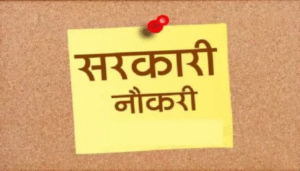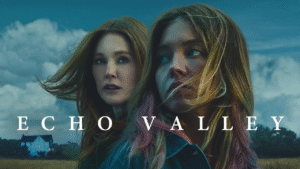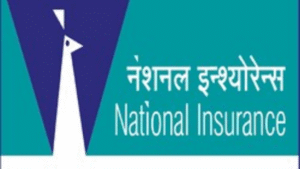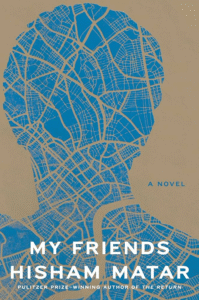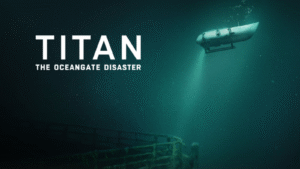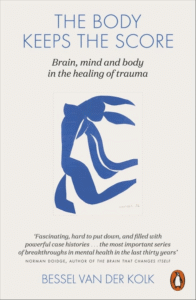Mastering New Horizons: Learning a New Skill on a Budget in India
In an increasingly dynamic world, the ability to continuously learn and adapt isn’t just an asset, it’s a necessity. Whether it’s to advance a career, cultivate a new hobby, or simply broaden your horizons, acquiring new skills is a powerful pursuit. However, the perception that skill development inevitably comes with a hefty price tag can be a significant barrier, especially in a price-sensitive market like India. The good news is that the digital age, coupled with traditional resources, has democratized learning, making it entirely possible to master new horizons even on the tightest of budgets.

The Digital Treasure Trove: Online Courses and Tutorials
The internet stands as the undisputed champion of free and low-cost learning. Online courses and Massive Open Online Courses (MOOCs) from platforms like Coursera, edX, and Swayam (India’s own MOOC platform) offer an astonishing array of subjects, often taught by university professors and industry experts. While many courses offer paid certifications, the learning content itself is frequently available for free through “audit” options. This allows you to access lectures, assignments, and discussions without the financial commitment of a certificate. Similarly, platforms like Khan Academy provide free, high-quality educational content across various academic disciplines, making complex topics accessible to everyone. The sheer volume of YouTube tutorials and instructional videos is another treasure trove. From coding and graphic design to cooking and musical instruments, almost any skill can be introduced and explained through step-by-step video guides, often at no cost.
Community and Collaboration: Learning from Peers
Beyond structured courses, online communities and forums offer invaluable peer-to-peer learning opportunities. Websites like Reddit (with subreddits dedicated to specific skills), Stack Overflow (for coding), and various Facebook groups provide platforms where learners can ask questions, share knowledge, and receive feedback from experienced practitioners. This interactive learning environment fosters problem-solving skills and provides a sense of community, crucial for staying motivated when learning independently. Many of these communities also share free resources, tools, and project ideas.
Traditional Wisdom: The Power of Public Libraries
While digital resources are abundant, we mustn’t overlook the enduring value of traditional institutions like public libraries. In India, libraries are often underutilized but offer a wealth of knowledge for little to no cost. Beyond physical books on virtually any subject, many modern libraries provide access to online databases, e-books, and even subscription-based learning platforms (like LinkedIn Learning or Niche Academy) for free with a library card. Libraries also often host workshops, seminars, and study groups, providing a physical space for collaborative learning and expert guidance. For those looking to improve language skills or prepare for competitive exams, libraries often have dedicated sections with relevant materials.
Smart Tools, Zero Cost: Leveraging Free Software
Furthermore, leveraging free software and open-source tools can significantly reduce the cost of learning technical skills. For instance, aspiring coders can use Python, R, or Linux, all open-source. Graphic designers can utilize GIMP or Inkscape instead of expensive proprietary software. These tools, coupled with online tutorials, provide a complete learning environment without any financial outlay. Even practicing a skill, like writing or speaking, can be done at no cost through free online forums, language exchange partners, or simply by consistent personal practice.
Conclusion: Resourcefulness as the Key
In conclusion, the pursuit of new skills on a budget isn’t merely an aspiration but a tangible reality in India’s current landscape. By strategically utilizing the vast resources available—from the endless free online courses and video tutorials to the often-overlooked treasures within public libraries and the power of collaborative online communities—anyone can embark on a journey of continuous improvement. The key lies in curiosity, discipline, and the understanding that true learning is about resourcefulness, not just resources. The future belongs to those who are constantly learning, and thankfully, that future is accessible to all, regardless of their financial means.



